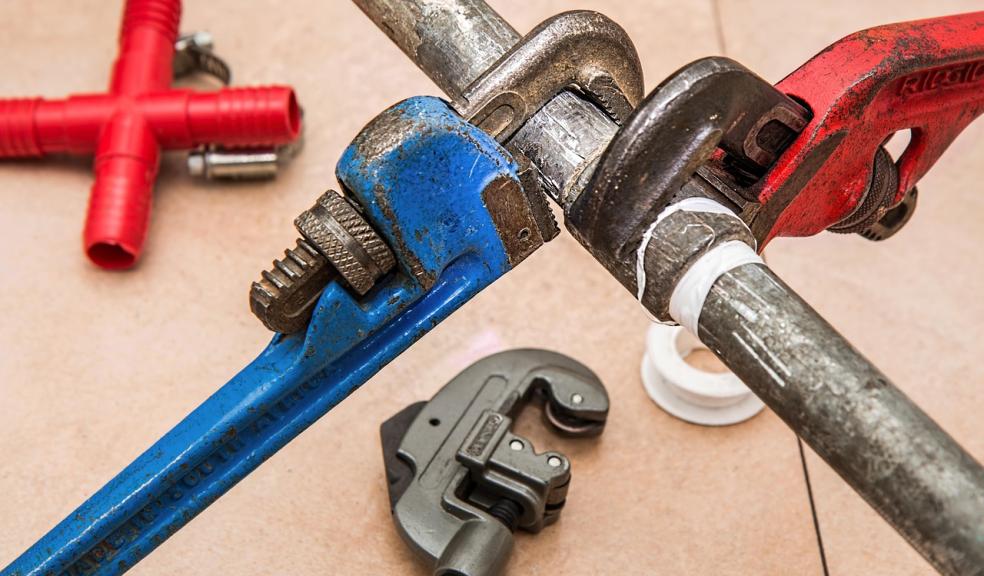
Managing Sudden Property Expenses Without Panic
When unexpected property expenses strike, they rarely arrive with a warning. A leaking roof during a stormy weekend, a boiler breakdown in the dead of winter, or urgent structural repairs can quickly derail even the most careful homeowner's budget. These sudden costs can feel overwhelming when they don't align with payday or savings plans.
For many property owners, covering these emergency expenses becomes a balancing act between addressing urgent needs and maintaining financial stability. Traditional financing options might take too long or require extensive paperwork, making them impractical when repairs simply can't wait. This timing gap often leads homeowners to look for alternatives for quick funding solutions.
Short term loans have become increasingly relevant in property maintenance, particularly when emergencies demand immediate attention. These financial tools offer homeowners a way to manage unforeseen property expenses without completely upending their financial plans. Knowing how and when these options make sense can help property owners respond to emergencies with greater confidence.
Why Unexpected Property Costs Catch Homeowners off Guard
Many UK landlords face financial pressure from emergency repair costs, with around one in three landlords (35%) citing the cost of repairs as a concern, according to the English Private Landlord Survey 2024. Common issues like burst pipes, roof leaks, and boiler failures can require immediate attention and substantial upfront costs that strain budgets focused on regular expenses like mortgages.
This unpredictability creates particular challenges for landlords operating on tight margins, where an unexpected repair bill can disrupt carefully planned finances. Without adequate reserves, emergency situations force rushed decisions about repairs that affect both property condition and tenant relationships.
Building an emergency fund that covers several months of essential expenses helps protect against these financial shocks, but many property owners struggle to balance this goal with the reality of managing ongoing property expenses and debt obligations.
Building an Emergency Property Fund From Scratch
Building an emergency fund for property repairs requires consistent planning that fits your home's specific needs. Setting aside 1% to 3% of your home's value each year creates a fund that matches real repair risks over time and prepares you for costs like boiler faults or roof leaks, even in well-maintained properties.
This approach works better than fixed amounts because it scales with your property's value and potential repair costs. Treating contributions as essential by setting up automatic monthly transfers to a separate savings account helps build the fund steadily, even when other expenses compete for attention.
For maximum effectiveness during emergencies, keep these funds in an instant-access savings account separate from other financial goals. The priority is quick withdrawal when urgent property problems arise, ensuring repairs can proceed without delays or the need to rely on expensive credit options.
Insurance Gaps That Leave Homeowners Vulnerable
Most UK buildings and contents insurance policies include coverage limits and exclusions that can leave homeowners facing unexpected costs. Insurers typically won't cover damage from gradual wear, breakdowns, or defects caused by poor materials or workmanship, classifying these as maintenance rather than sudden loss. Damage from pests, mould, or failure to maintain the property is also commonly excluded, meaning neglected small repairs can result in rejected claims for larger problems.
Understanding these exclusions becomes crucial when reviewing your policy against your property's specific details. Properties in flood-prone areas may face flood damage exclusions or high excess payments, while features like flat roofs often have limited or excluded coverage for water leaks. Homeowners should check policy wording carefully and consider additional protection where standard cover falls short.
For older or unusual properties, specialist providers offer tailored coverage where mainstream insurers may exclude or charge high premiums. Adding home emergency cover, typically a flat fee on top of your insurance policy, provides a practical safety net by covering fast fixes like boiler breakdowns and urgent leaks with a 24-hour response, bridging gaps that standard policies don't address.
Fast Funding Options When Emergency Reserves Fall Short
When reserves run dry, property owners must consider different financing options based on urgency and access needs. Some local authority grants can provide support for essential repairs, but these typically require paperwork and time, making them unsuitable for immediate fixes that can't wait.
Short term loans act as a swift bridge for urgent repairs, delivering funds between £100 and £2,500, typically within hours when approved. While these loans carry higher interest rates due to their speed and convenience, transparent providers like Sunny lay out all fees upfront to help owners understand the total repayment cost and avoid surprises.
Alternative options include credit union loans, which often offer lower rates but longer processing times, and 0% interest credit cards for those with strong credit scores, provided the balance can be cleared within the promotional period. Responsible borrowing means choosing only the amount needed and having a clear repayment plan to avoid long-term financial strain from emergency repairs.
DIY Solutions for Temporary Repairs to Control Costs
Temporary DIY repairs provide critical support in emergencies when urgent repairs can't wait for funding or a professional. Using a waterproof tarpaulin weighted with bricks can keep rain out during a roof leak, preventing further water ingress and higher repair costs. For a dripping ceiling, secure plastic sheeting and duct tape to direct water into a bucket, which contains damage while you arrange a permanent fix. When pipes leak, pipe repair clamps or plumber’s epoxy putty—usually available for around £10–£15—can stop water loss quickly and buy time for proper repair.
A UK homeowner should keep basic emergency tools at hand: an adjustable wrench loosens stuck valves, screwdrivers tighten fixtures, and a torch ensures you can work safely during a power cut. Common supplies like duct tape, WD-40, plumber’s tape, and a digital multimeter for basic electrical checks can make temporary solutions safer and cheaper. Tools vary in price, with starter kits listed from £25 and multimeters from £10–£15 on sites like starter kits listed from £25 and multimeters from £10–£15. Check product listings to match your real needs and budget.
DIY repairs are only suited to minor issues. If you notice gas odours, frequent electrical trips, or major damp patches, get a professional immediately—wrong moves risk both personal safety and insurance claims. Always photograph damage before repair and secure quotes for the permanent solution. Temporary fixes help prevent extra damage and costly setbacks, but prompt follow-up is essential.
Negotiating With Contractors During Financial Constraints
When urgent repairs threaten your property budget, taking time for quick due diligence prevents costly mistakes. Comparing written quotes from several contractors helps identify fair pricing and often encourages better deals, while itemised quotes that separate labour and material costs allow you to question expensive items or suggest alternatives like reusing salvageable materials.
Digital platforms can speed up this process, with contractors sending pricing via email for direct comparison. Itemised documentation also highlights where jobs can be split, letting you complete essential repairs first and defer others to manage cash flow more effectively.
Trade bodies recommend phased payment schedules where deposits only cover materials, with further payments tied to completion milestones. For emergency fixes, separating immediate safety work from longer-term projects in the contract lets you address urgent risks while planning finances for future work.
Clear written agreements and staged payments protect your interests, even under pressure. Avoid contractors who resist paperwork or demand large upfront deposits, as careful steps minimise disputes and help stretch repair budgets further.
Taking Control of Property Emergency Costs
Managing sudden property expenses requires steady action rather than panic responses. Building an emergency fund ensures issues like boiler failures or leaks don't force hasty decisions that can prove costly later. When savings fall short, understanding all available funding sources—including quick-response options from providers like Sunny—helps you choose the most suitable route for urgent repairs.
Basic DIY fixes can buy critical time for major issues, but safety must always come first, with proper documentation through photos and written quotes to protect your interests with insurers and contractors. For professional work, insisting on staged payments, clear written contracts, and comparing quotes ensures your budget stretches further while avoiding rushed commitments.
Thoughtful preparation and measured responses protect both property value and personal finances when emergency repairs arise, turning potential crises into manageable challenges.









